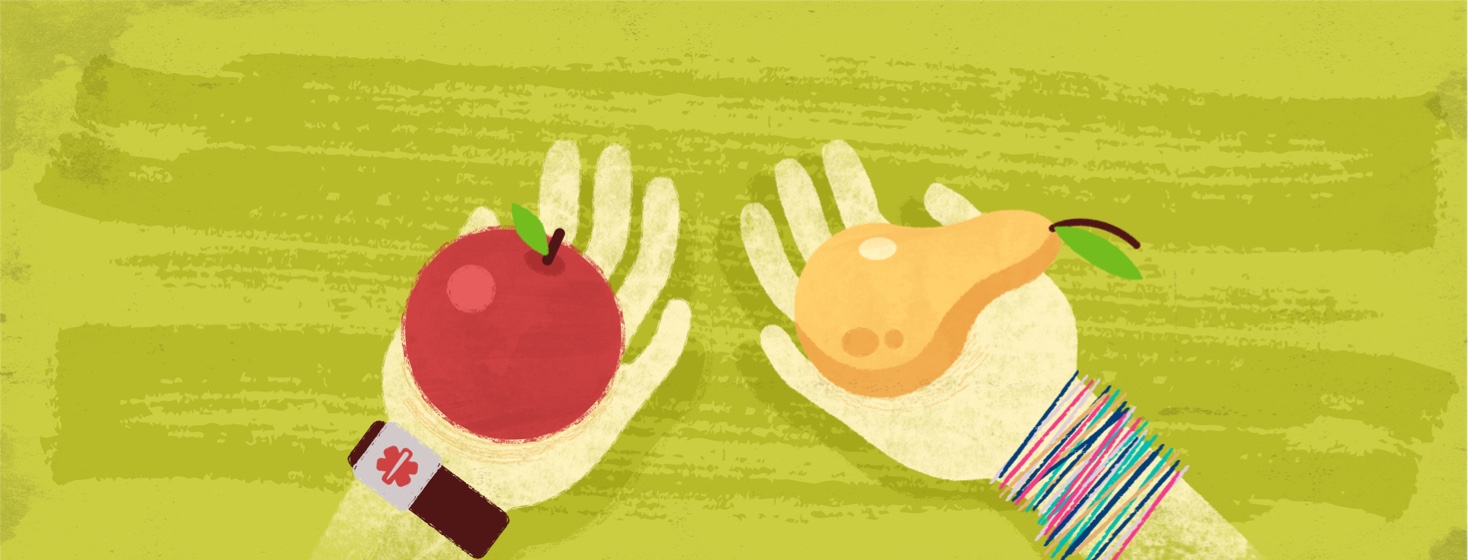A Fascinating Analogy
Not long ago I was having a conversation with a friend who is the mother of two teenagers, and as she shared her challenges in parenting them, she mentioned all the characteristics of teens. As I listened and later reflected, it was astounding to me how similar being a teenager and dealing with RA is. The value of this will become clear a bit later. But first, let me lay out the many ways they are alike.
Life changes to expect with RA
These changes are similar to our teen years
So, the teen years are a time of uncertainty, emotional upheaval, worries about the future, self-esteem issues, physical changes, social challenges, and on and on. If you replace “the teen years” with having RA you can see how alike they really are! Just discovering this was fascinating to me but, when I began to examine this closer, it became even more interesting.
All of us, as we age, necessarily go through the teen years. Therefore, it seems possible, that drawing on our own experiences navigating through that period, could inform us in our management journey with RA. Consider just one similarity. As a teen, we often are searching for what our future may hold and how to get there. When you are dealing with a chronic disease like RA, contemplating the future and what is in-store are daunting issues too. Both require reflecting and planning.
Social challenges
Another example is the social challenges teens and RA patients have to overcome. As a teen, you feel vulnerable and unsure when in social situations. How to make small talk, will he/she like me, will I get invited to this event or that party and so on. Likewise, RA brings along social challenges. For instance, I sometimes find the prospect of standing for hours at a cocktail party overwhelming and daunting. Or, I hate to commit to a social engagement too far in advance for fear I might have to cancel if a flare is on board. The worry of disappointing friends if I cannot make their party, or even worse, having to cancel an event I am hosting, makes the whole social aspect of RA depressing.
Emotional ups and downs
Of course, the emotional roller coaster of being a teenager compares so much to the emotional ups and downs that accompany the management of a chronic disease like RA. Both take their toll and both require attention. Just as we rely on friends and family for advice and fellowship as teens, so should we turn to that same care group as RA patients.
Physical changes
Then there are the physical changes that are so prominent in both the teen years and RA. Our bodies are changing and we must adapt and learn how to respond to those changes. How do we deal with our new outward appearance as well as the internal struggles of both? What accommodations need to be made and how do I learn to assimilate and accept these physical changes?
Contemplating the future
Both teens and those with chronic diseases ask themselves what the future holds in store. I recall constantly asking myself what I wanted to be “when I grew up” as a teen. Likewise, in my management of RA, I often consider what my future will be and how do I get there within the boundaries of chronic disease. Both want to feel success and joy and purpose. Getting there, whether as a teen or a person with RA, involves planning and research.
Reflecting on how far I've come
So, beyond the simple fascination of this analogy, I also realized that my conversation with the parent of teens served as a valuable reminder of my own teen years. I was able to think back to those past times, that sense of vulnerability, of fear of the future, of shaky self-esteem and use that as a basis for managing my RA in the present. It took some serious reflecting but I realized that just as I made it through my teen years, I can make it through the RA journey. Only now, I have a wealth of experiences to draw on as well as the wisdom of age. That actually gave me a sense of relief and confidence that I can manage RA and all the ups and downs that come with it.
Nan

Join the conversation